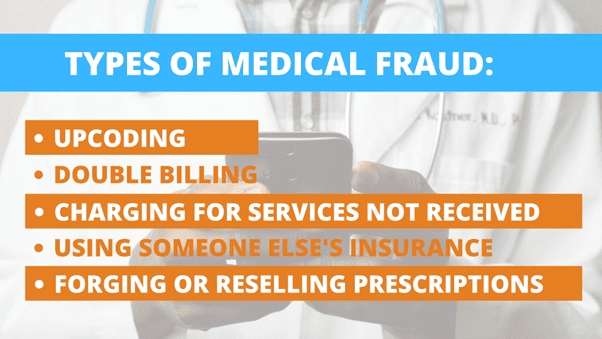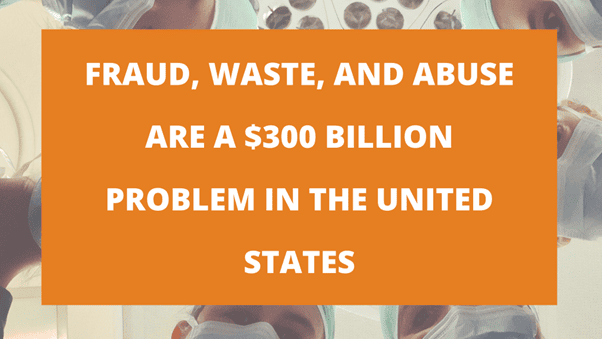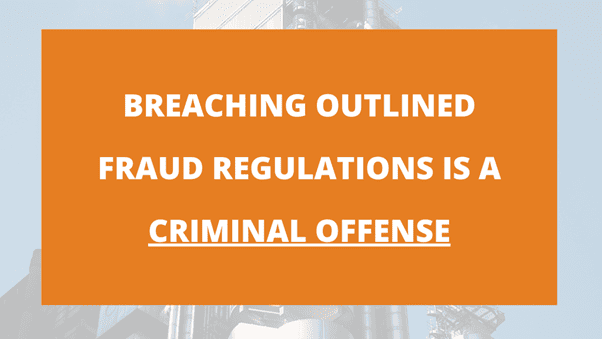Healthcare Fraud, Waste and Abuse (and How Technology Can Help)
What is Healthcare Fraud, Waste & Abuse?
Healthcare fraud, waste and abuse (FWA) costs the US medical market a significant amount every single year. It is estimated to be in the region of $300 billion – a huge expense that not only impacts national medical resources but can also influence tax rates and other legislation that makes everyday life more expensive. With medical scams on the rise and breached medical files easily accessible and available on the dark web, medical facilities are desperate to act to find ways to reduce fraud, waste and abuse and protect both patients and the medical services that they can offer. Many facilities are modernizing their approach to reducing fraud, waste and abuse by using technology and software to automate processes, monitor existing practices and analyze data.
Medical and Healthcare Fraud
Fraud is defined as deliberate deception or dishonesty, with an intention to gain financially or personally.
Fraud in healthcare specifically can be committed by doctors, patients or anyone else involved in a treatment process that intentionally deceives another party. Significant medical fraud is very heavily investigated and will often result in fines, imprisonment or both because of its cost to the State.
Healthcare fraud is not a victimless crime and can result in increased insurance premiums across the entire market as well as increased taxes. In extreme circumstances, medical fraud can even lead to physical harm and unnecessary medical procedures.
Common Examples of Medical or Healthcare Fraud
Healthcare Fraud Committed by Medical Providers
- Knowingly submitting multiple claims for the same medical services
- Billing for a service, supplies or items that the patient never actually received
- Submitting multiple bills for the same services
- Billing for a more expensive service, item or treatment than the one the patient actually received. This includes upcoding – an example would be that you visit a facility and see a nurse, but are charged for seeing a doctor, which is a more expensive service.
Medical Fraud Committed by Patients and Other Individuals
- Scam Marketing. Convincing people to provide their health insurance identification number or other personal information to bill for false services. This also includes stealing their identity or enrolling them in a fake or misleading health or benefits plan.
- Identity theft/identity swapping, meaning you are using another person’s health insurance or allowing another person to use your insurance
- Impersonating a health care professional by providing health services (and charging for them) without a license or outside of a licensed facility.
Healthcare Fraud Involving Prescriptions
- Creating, distributing or using forged prescriptions
- Diverting legal medications for illicit purposes, such as selling or reselling prescription drugs
- Visiting numerous doctors for controlled substance prescriptions or getting prescriptions from medical offices that participate in unethical practices – known as doctor shopping
Healthcare Waste
Waste in healthcare is a particularly large problem. The United States spends more on healthcare than any other country, with expenditures surpassing 18% of gross domestic product (GDP). Significant waste in the industry means that the services aren’t seeing the benefit of the spend or are not able to expand or improve.
Examples of Waste in Healthcare:
Healthcare Waste Committed by Medical Providers
- Doctors or pharmacists using name-brand drugs when there are more affordable alternatives available wastes resources and costs the industry significant amounts of money
- Poor service communication causes a lot of waste. When there is a lack of communication between parties, this causes complications or unnecessary treatments. Not only does this impact a facility’s resources, but it can also endanger patients
Medical and Healthcare Abuse
Healthcare abuse is described as financial or medical practices that result in unnecessary costs or payment for services that are either not medically essential or fail to fulfil professionally acknowledged healthcare standards.
Examples of Abuse in Healthcare:
Healthcare Abuse Committed by Medical Providers
- Unbundling and charging for services separately. A good example would be when a comprehensive test is conducted but billing is done for each service individually, costing the patient more
- A healthcare professional has carried out unnecessary medical treatments or procedures with no indication that they are needed
- A provider or service has discriminated against you because of your age, health, race, religion, or income
- Someone has provided services that do not meet basic healthcare standards
How big of a problem is fraud, waste and abuse for healthcare?
What can be done about healthcare fraud, waste and abuse?
There are a number of agencies and regulations in place to combat fraud, waste and abuse in the healthcare industry.
The FBI and Their Attack on Healthcare Fraud
When it comes to fraud specifically, the FBI is a primary agency involved in the investigation of cases relating to healthcare. This can be for both private and federal investigations.
The FBI partners up with other agencies to help investigate healthcare fraud, waste and abuse. These include but are not limited to:
- Federal, state, and local agency partners
- The Healthcare Fraud Prevention Partnership
- The National Health Care Anti-Fraud Association, the National Insurance Crime Bureau and other units that investigate insurance.
The False Claims Act (FCA)
The False Claims Act imposes liability on any person who knowingly provides false or incorrect information for a claim. This includes both patients and healthcare professionals that outline false services or services the patient did not receive.
Physician Self-Referral Law (Stark Law)
Stark Law prevents medical professionals from making referrals to other facilities or services for which they (or immediate family members) have an investment or involvement where the medical professional will receive compensation. There are a few limited exceptions but breaking this law can result in fines and expulsion from Federal medical programs.
Anti-Kickback Statute
The Anti-Kickback Statute makes it a criminal offense to knowingly offer or receive any remuneration in exchange for items or services considered to be reimbursable by a Federal health care program. There are clearly outlined and regulated exceptions, but breach of the Statute can result in a fine or even imprisonment.
Criminal Health Care Fraud Statute
The Criminal Health Care Fraud Statute looks to address specific and purposeful schemes attempting to exploit the healthcare system via Fraud, Waste and Abuse.
Measures to Protect Yourself from Healthcare Fraud, Waste and Abuse
For Patients:
- Keep health insurance information secure. Treat it as you would financial details or sensitive banking information. Medical fraud is typically worth more to criminals than other types of financial fraud, so be extremely cautious and do not allow others access to your medical details.
- Be aware of seemingly free services or services that seem too good to be true.
- Check all details and billing carefully. If you find that any of it seems suspicious, you can report it.
For Facilities:
- Ensure staff are trained on proper procedures and ways that they can spot and deal with suspected medical fraud.
- Have sufficient IT systems in place to remove opportunities for fraudulent activity such as up upcoding from those working in the facilities, whether purposeful or accidental.
How can Technology Help With Healthcare FWA?
Technology can be essential to helping healthcare facilities manage and control fraud, waste and abuse. Having rigid processes, system integration, and monitoring software can help to identify discrepancies quickly and with minimal effort needed.
Regardless of the revenue cycle management in place, medical practices and facilities need to be financially viable, and significant FWA does not help this. Good digital tools can put facilities in a position to be proactive in their fight against internal (and external) efforts to falsify or take advantage of services, reduce FWA and with it save the facility financially. At i3solutions, we help healthcare facilities with their internal IT systems. Not only can we assist with updates and installs, but using our 25 years of experience, we can help you to automate processes and craft systems that use data and analytics functions to identify healthcare fraud, waste and abuse in your facility.
Leave a Comment





